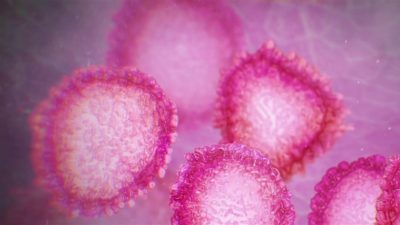Illinois got more bad news concerning the coronavirus yesterday. Illinois Department of Public Health Director Ngozi Ezike says three more deaths have been caused by the virus. “We continue to issue the guidance. Please everyone, stay home as possible. We can reduce the number of those infected, which will reduce the number of people who will get serious illness, which will reduce the number of people who will lose their life. This virus is an equal opportunity virus. It’s no respecter of age, person, ZIP code, gender – it can infect anyone and even healthy people.”
Governor J.B. Pritzker says that despite the number of cases in the state doubling every day that crucial lifelines of supplies and roads will remain open. “Interstates, highways, and bridges will stay open. Grocery stores, pharmacies, gas stations – these sources of fundamental supplies will continue to operate. There is no need to run out and hoard food, gas, or medicine. Buy what you need within reason. There is enough to go around as long as people do not hoard.”
Pritzker also announced loans for small businesses throughout the state to get through mandated closures. “For all Illinois small businesses, if you want to apply for these low interest loans, you can find more information at disasterloan.sba.gov.”
Pritzker announced yesterday that a growing coalition of grocery stores statewide will set aside one or more hours of operation for older residents to shop, before stores open to the general public.
Pritzker also announced that the health care industry is filing necessary paperwork to remove boundaries and administrative costs for low income residents to receive treatment and coverage during the outbreak. The Pritzker administration is seeking to increase access to telehealth and the number of health care providers that can screen patients, allow 90-day prescription supplies without prior authorization and early refills, as well as several other items that will increase flexibility and provide additional resources.
The Department of Human Services has also filed a federal waiver to ease eligibility requirements for food assistance programs like SNAP and WIC, which cover 1.8 million Illinoisans and 174,000 pregnant women and parents of young children respectively around the state.




